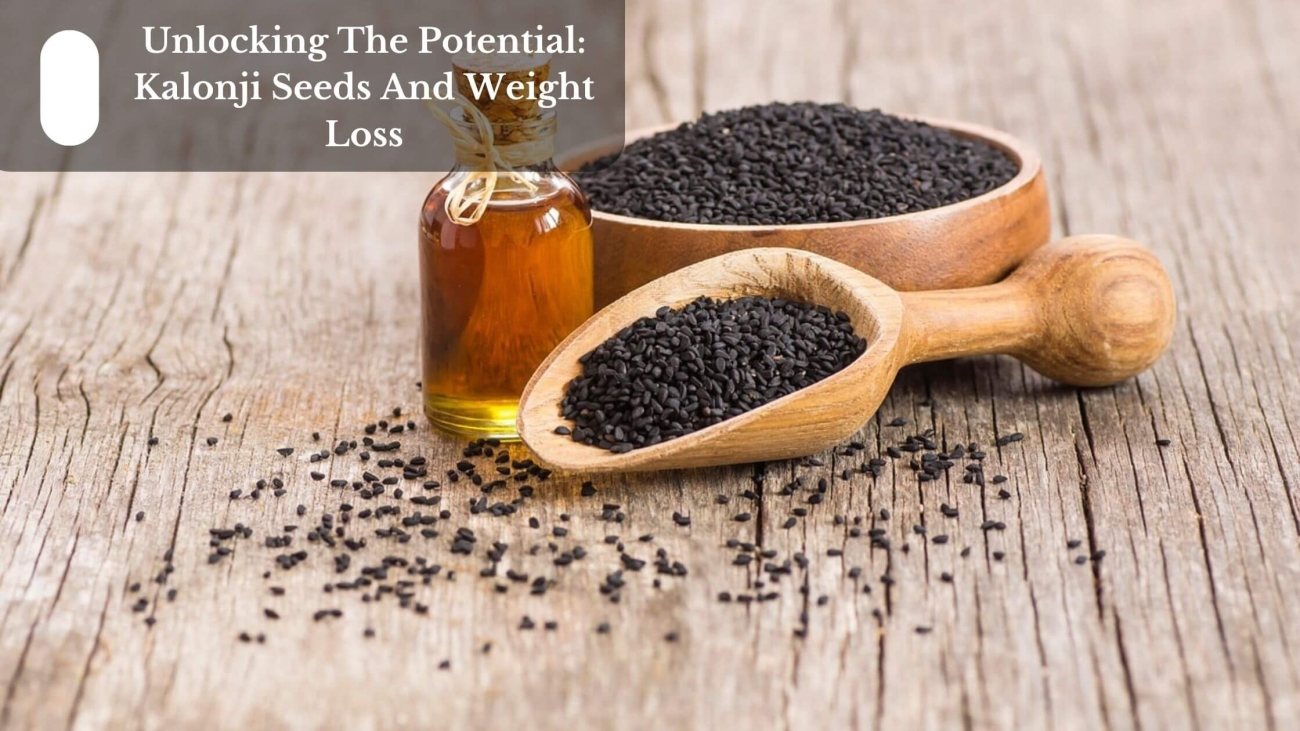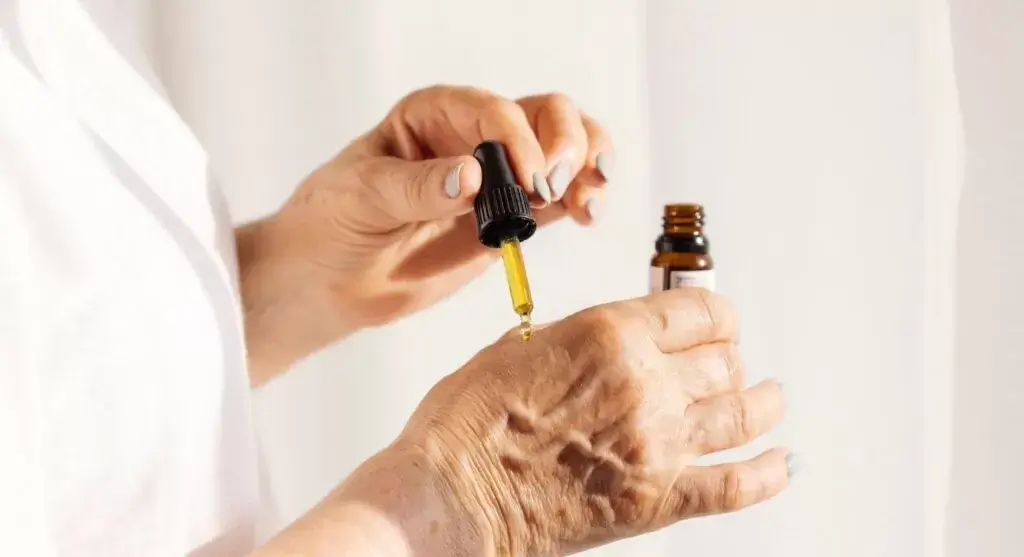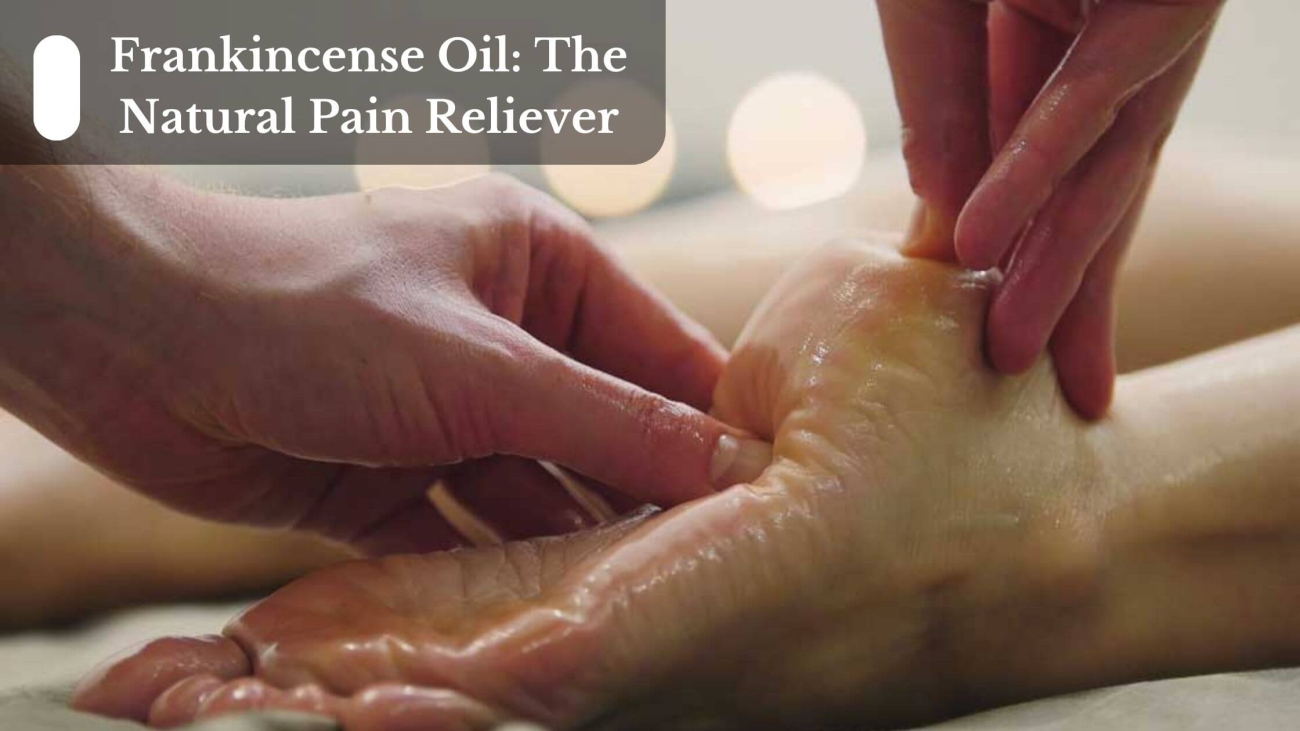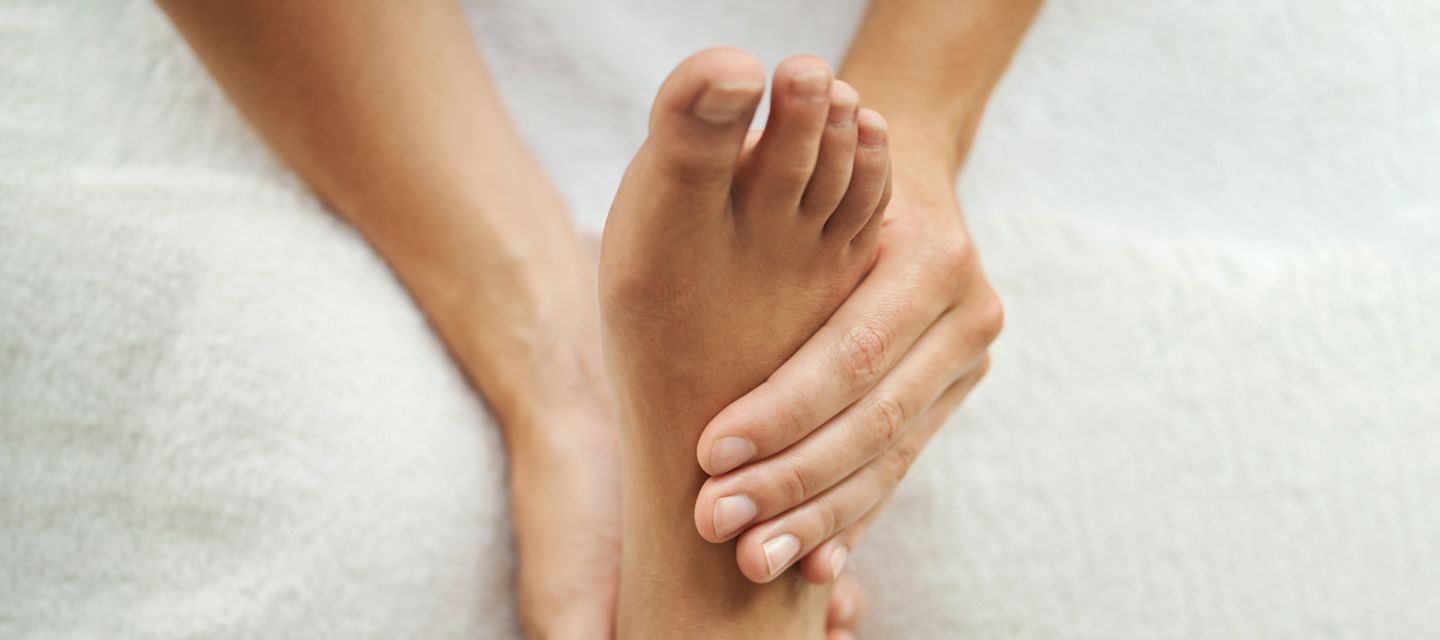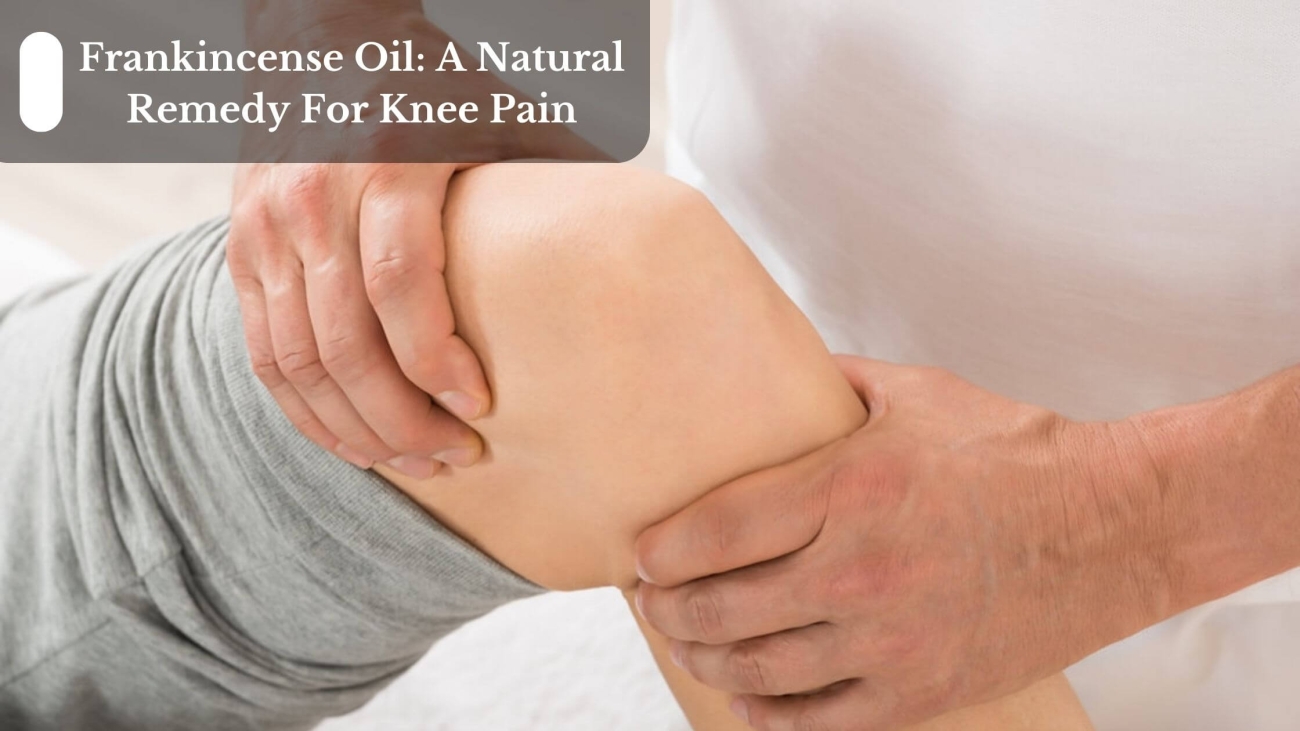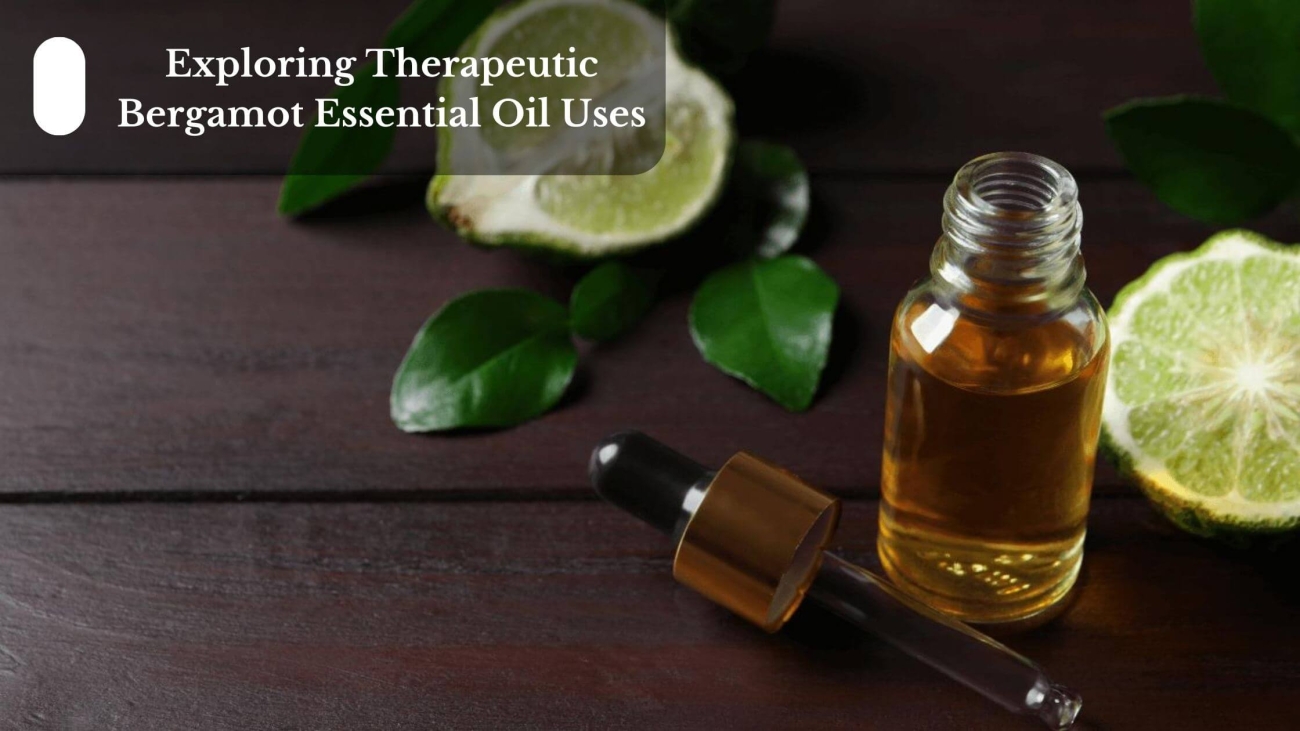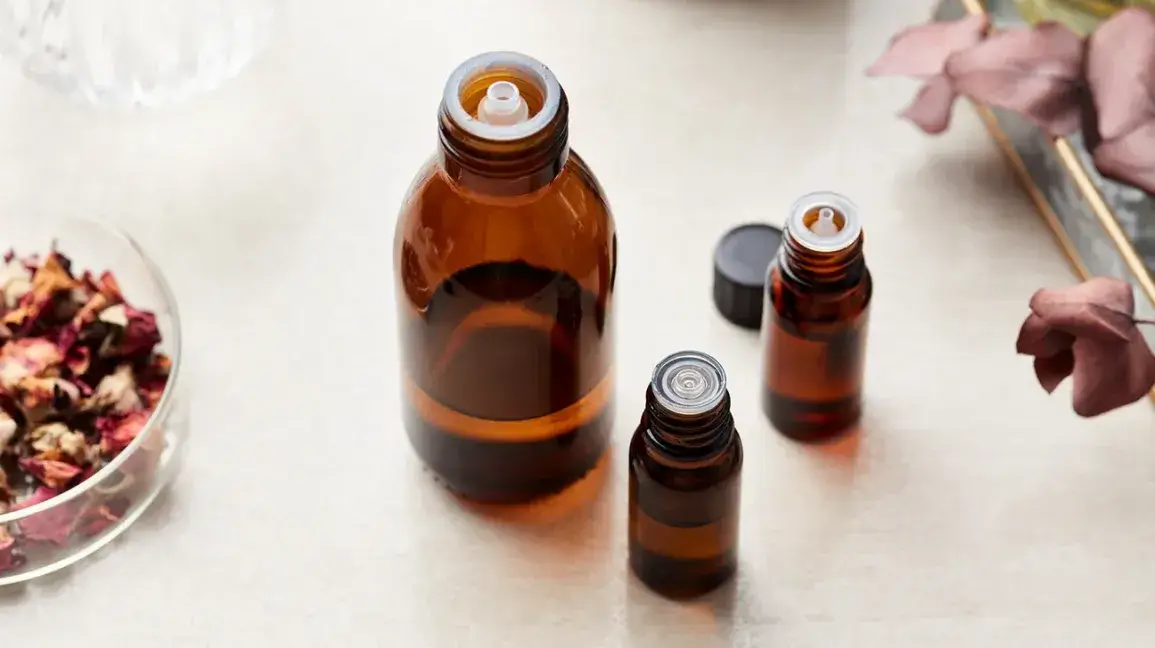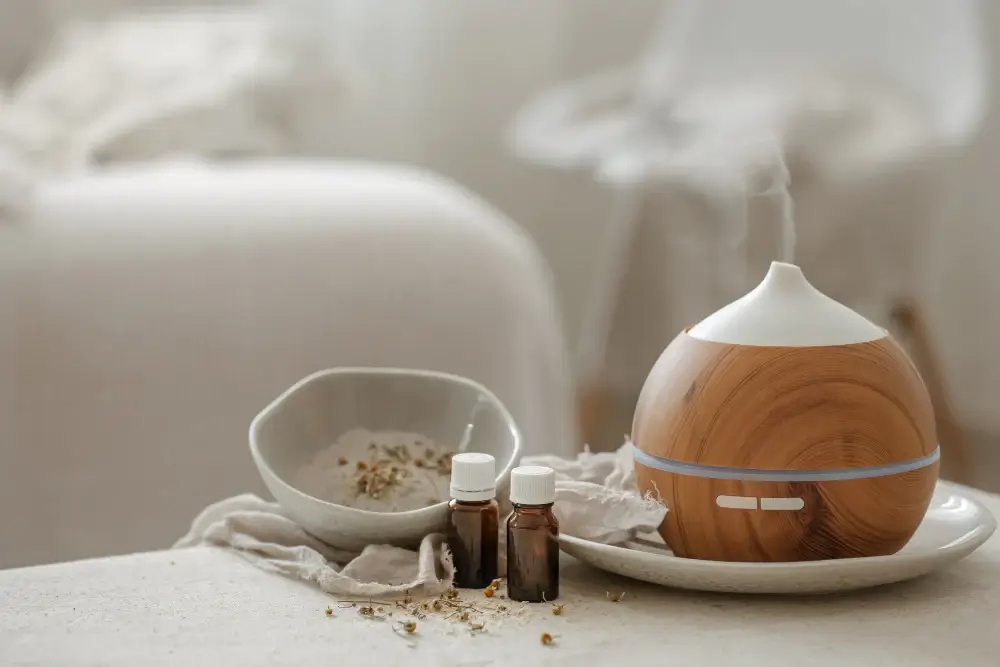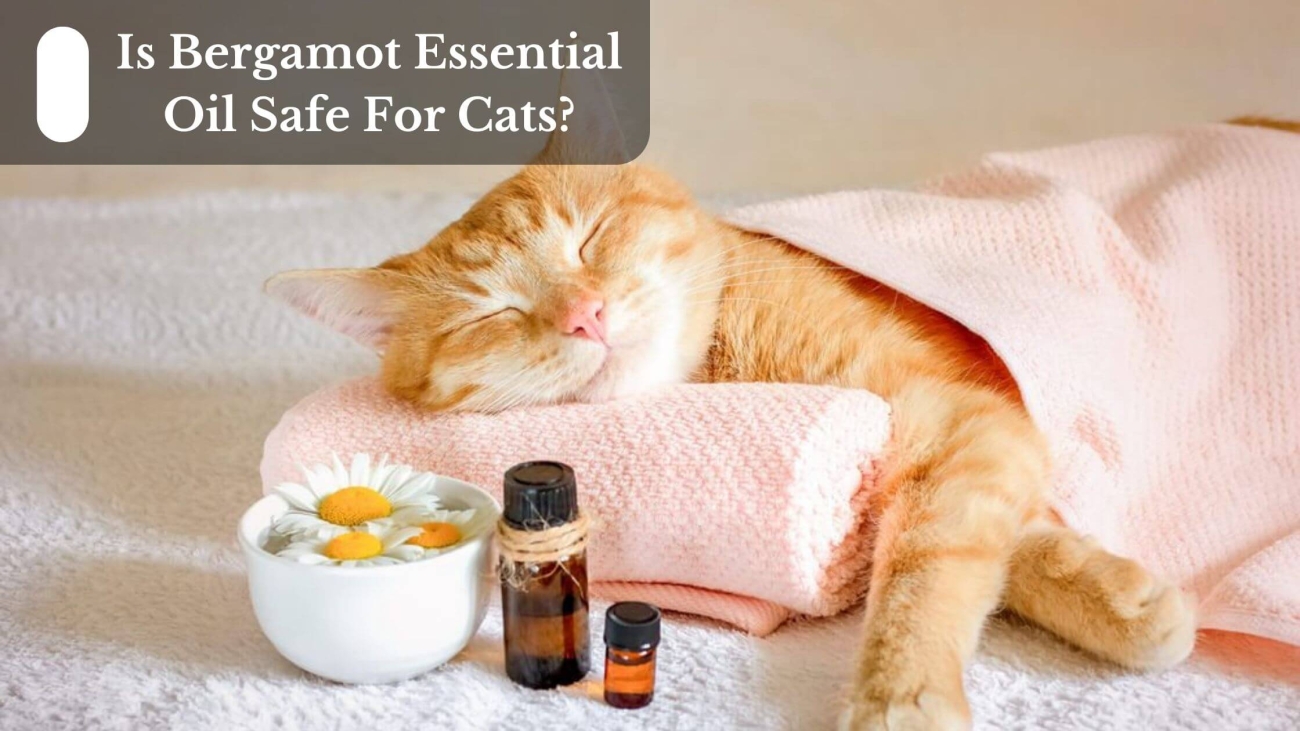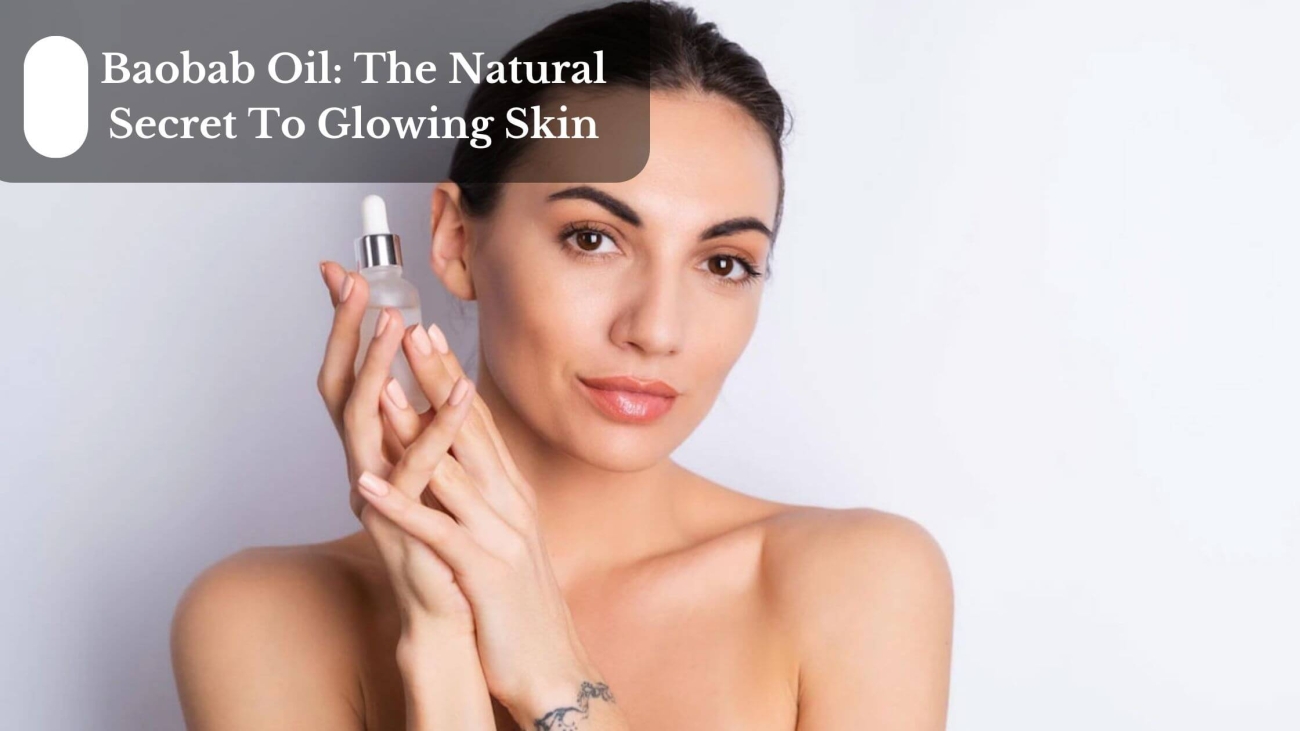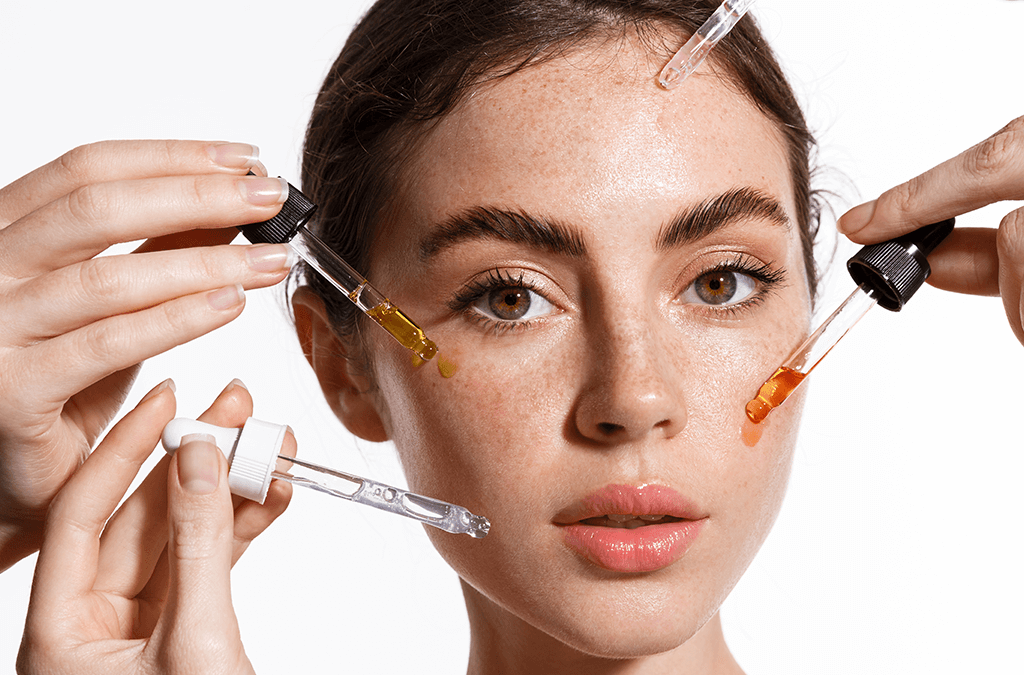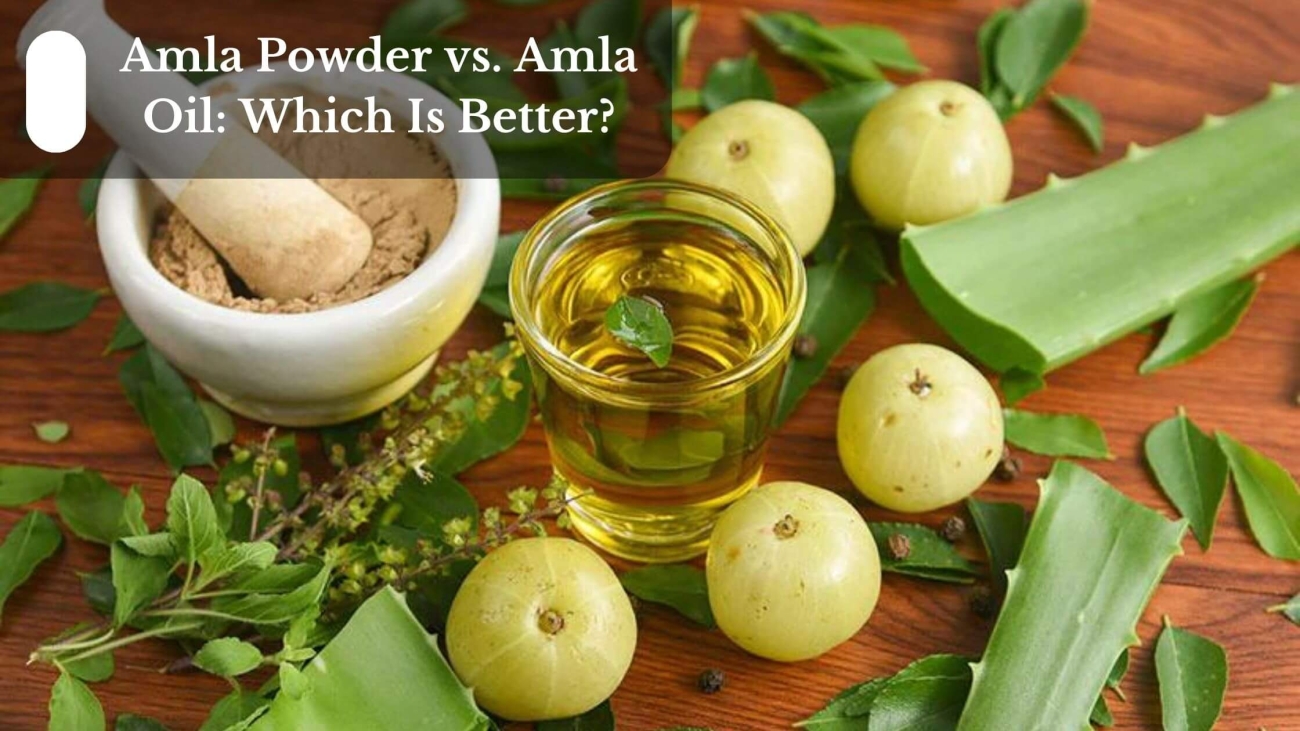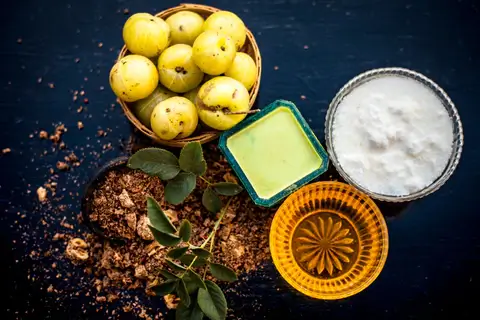Kalonji seeds contain anti-diabetic properties which may help lower your blood sugar. Before trying this remedy on your own, however, please consult a healthcare provider as it could interact with existing medications you’re taking.
Thymoquinone found in Kalonji oil can reduce chronic inflammation, helping fight diseases like asthma, rheumatoid arthritis, and cancer while improving lung function and relieving pain.
Lowers Blood Sugar
Black seed oil (or kalonji oil) is an all-natural remedy that can assist people with diabetes. Studies have demonstrated its efficacy at lowering both blood sugar and cholesterol levels while having anti-inflammatory properties and treating various conditions, including rheumatoid arthritis. Kalonji also contains iron and vitamin C for nutritional support as well as being rich in antioxidants such as thymoquinone which may aid against cancer as well as fighting other illnesses; additionally, it is often consumed as a supplement or added directly onto food items as an addition or applied directly onto skin lesions for treatment purposes.
High blood sugar can lead to serious health consequences, from eye damage to heart disease. People living with Type-2 diabetes tend to have elevated inflammation levels which can wreak havoc with their bodies. Kalonji seeds and oil have been proven to reduce this inflammation significantly allowing those to manage their condition more efficiently while helping avoid future health issues.
You may also like:
Kalonji seeds contain an abundance of soluble fiber that can keep the stomach regular and prevent indigestion or constipation, as well as help decrease bad bacteria in your gut and improve gut health by eliminating harmful microbes. Furthermore, these antioxidant-rich seeds have also been known to fight disease while strengthening immunity systems.
Kalonji seeds can help improve overall health and help you lose weight, by adding it to soups, salads, or as a rub on meat and fish. Beware taking too many of them at once though as too much may upset the stomach; additionally, pregnant women are not advised as it could interfere with blood clotting processes and worsen bleeding disorders.
Lowers Cholesterol
Kalonji seeds contain thymoquinone, an anti-oxidant with cholesterol-reducing effects, that helps lower LDL and raise HDL cholesterol levels in the blood. Consuming one teaspoon of this oil daily with milk for best results.
Kalonji seed powder possesses anti-inflammatory, antiseptic, and antibiotic properties. As a natural antibiotic, it fights infections caused by streptococcus bacteria or methicillin-resistant Staphylococcus aureus (MRSA) while treating urinary tract infections or other ailments (2)
Betaine HCL is well known for treating inflammatory conditions like rheumatoid arthritis by lubricating its joints. Furthermore, it can also treat indigestion, stomach ulcers, and other gastrointestinal issues effectively as well as provide bulk to stool for effective laxation.
Kalonji oil’s main benefits lie in its ability to prevent heart disease by lowering cholesterol. Furthermore, it may reduce triglycerides and help prevent atherosclerosis – the buildup of plaque in the arteries (3)
Kalonji oil can not only aid heart health, but it is an effective natural remedy for treating many eye-related ailments as well. This includes treating swollen eyes, redness, and itching while healing cataracts without further recurrences. For optimal results, it is advised that one take one-half teaspoon (tsp) of black caraway oil daily.
Studies have suggested that kalonji seeds could aid weight loss by stimulating heat in the body and suppressing appetite, yet further investigation must be carried out to evaluate their effectiveness. It should also be noted that these studies didn’t account for factors like diet or physical activity which may have affected their results; hence more extensive investigation must be conducted before conclusively proving them as useful weight-loss aids.
Anti-Cancer
One spoonful of Kalonji Oil mixed with milk can assist with weight loss by increasing metabolism and lowering cholesterol and triglycerides, while its anti-oxidant-rich seeds may lower cancer risks, diabetes risk, and heart disease risks; and its anti-inflammatory properties could even help treat arthritis symptoms.
Kalonji may help diabetic patients lower their blood sugar, as well as increase insulin sensitivity, but further studies are required to substantiate this claim. Diabetes is a serious medical condition and should only be diagnosed and managed under medical guidance.
The anti-inflammatory properties of CBD oil may assist with relieving pain and inflammation associated with chronic inflammatory conditions like rheumatoid arthritis, osteoarthritis, allergies, asthma, and cancer. Furthermore, its use has also shown promise for improving lung function among asthmatic patients while simultaneously decreasing histamine levels and relieving symptoms.
Black seed also boasts antifungal properties that may help treat fungal infections like Candida.3 Additionally, studies suggest it could potentially eliminate parasitic diseases like Schistosomiasis and Leishmaniasis 3.3
Kalonji seeds are also an effective natural solution for hemorrhoids. Simply create a paste from kalonji seeds and water and apply twice daily, for best results. This paste should help relieve discomfort and swelling. Plus, their laxative effects make them great in relieving constipation or improving bowel movements – however, these should be added into daily diet plans when pregnant or breastfeeding to ensure safe digestion! However, pregnant and breastfeeding women should avoid this herb, as its laxative effects could disturb their digestive system further, avoid taking medications such as those for diabetes or high blood pressure medication!
Anti-Inflammatory
Kalonji seeds contain anti-inflammatory agents that reduce inflammation in the body. Additionally, they aid in healing wounds and fight infections while the antioxidant thymoquinone acts to neutralize free radicals that would otherwise damage cells; this helps protect cells against damage by free radicals which prevents heart disease, diabetes, and even cancer from occurring. Furthermore, this fruit increases good HDL (high-density lipoprotein cholesterol levels) for enhanced heart health and overall wellness.
Kalonji seeds can help lower high blood pressure. Consuming Kalonji oil, seeds or supplements also relieves symptoms associated with diabetes by helping regulate insulin levels within the body and improve kidney function to avoid kidney stone formation.
Kalonji oil and seeds contain anti-inflammatory properties which make them invaluable in treating arthritis. By lubricating joints and relieving stiffness in bones, kalonji’s anti-inflammatory effects help ease joint pain while also alleviating stiffness in bone structure. A mixture of one teaspoon of powdered kalonji mixed with honey and warm water taken regularly has proven highly successful at relieving joint stiffness.
Ayurved practitioners also advise using Kalonji to strengthen kidney function and lower your chances of kidney stones, as well as as an all-natural cure for parasitic infections like Schistosomiasis and Leishmaniasis.
Studies have demonstrated the effectiveness of Kalonji seeds and oil for weight loss when taken along with a healthy diet, controlling blood sugar levels, lowering cholesterol, and helping manage physical activity – although more research must be conducted to ascertain its full impact on an individual. Furthermore, most of these studies do not account for factors like physical activity which could alter results, so caution and physician supervision are required when using Kalonji.
Nerve Tonic
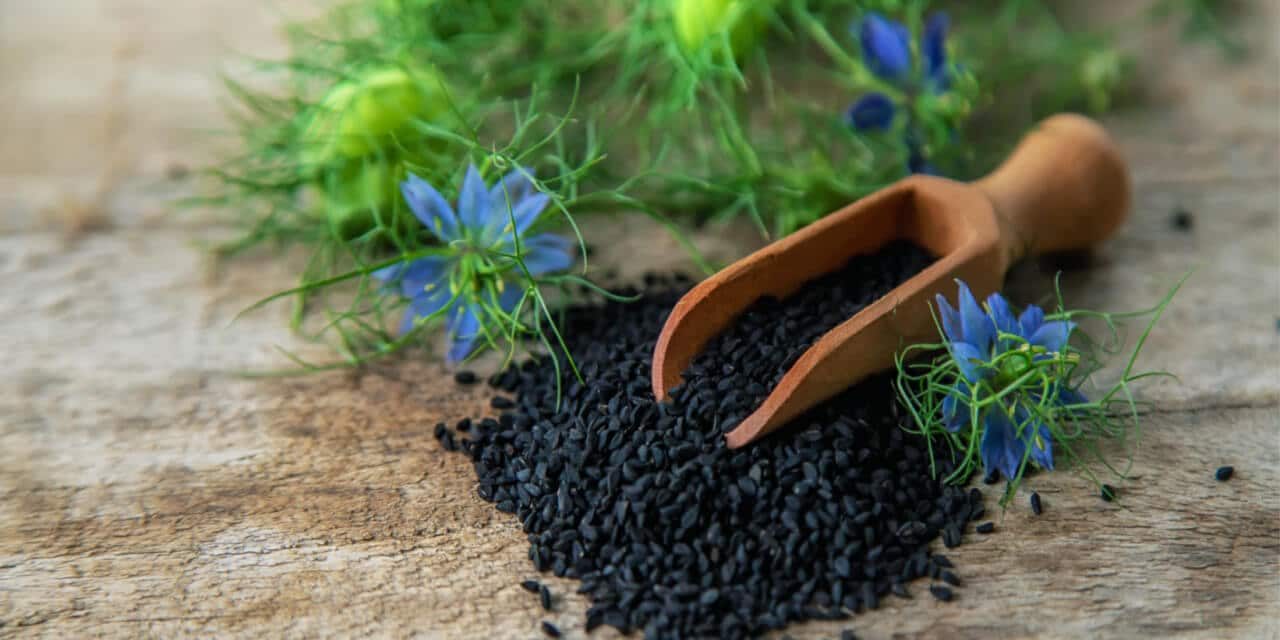
Kalonji seeds and oil possess anti-inflammatory and antidiabetic properties. They help control appetite by suppressing levels of ghrelin – an appetite-inducing hormone – as well as helping the body burn fat more efficiently; combined with a low-calorie diet they may even help you shed unwanted inches from your waistline!
Kalonji has antioxidant and antimicrobial properties that may help ward off cancer cells. Furthermore, its ability to stimulate immunity helps your body fight infections and diseases more effectively while simultaneously relieving pain associated with conditions like rheumatoid arthritis or osteoarthritis.
You may also like:
Studies have demonstrated that Kalonji seeds and oil can significantly help lower blood sugar, cholesterol levels, total cholesterol levels, high blood pressure (which is a risk factor for heart disease), as well as prevent high blood pressure (which is an independent risk factor for heart disease).
Kalonji oil may help relieve respiratory ailments such as allergies and asthma by helping lower histamine levels in the body, which cause inflammation and asthma symptoms. Furthermore, inhaling this oil may assist with breathing difficulties associated with cystic fibrosis, rheumatoid arthritis, or other chronic diseases.
While Kalonji offers many health benefits, pregnant and breastfeeding women should avoid overconsuming it to prevent an upset stomach from occurring or when nursing their babies. Too much Kalonji consumption may lead to nausea, bloating, diarrhea, or migraine headaches due to its Ushna potency which increases Pitta dosha levels resulting in migraine attacks; in addition, too much Kalonji consumption may cause rashes as it has Ushna potency which increases Pitta dosha. Should you experience these side effects stop using Kalonji immediately and speak with your physician or healthcare provider immediately about treatment options available to you.

